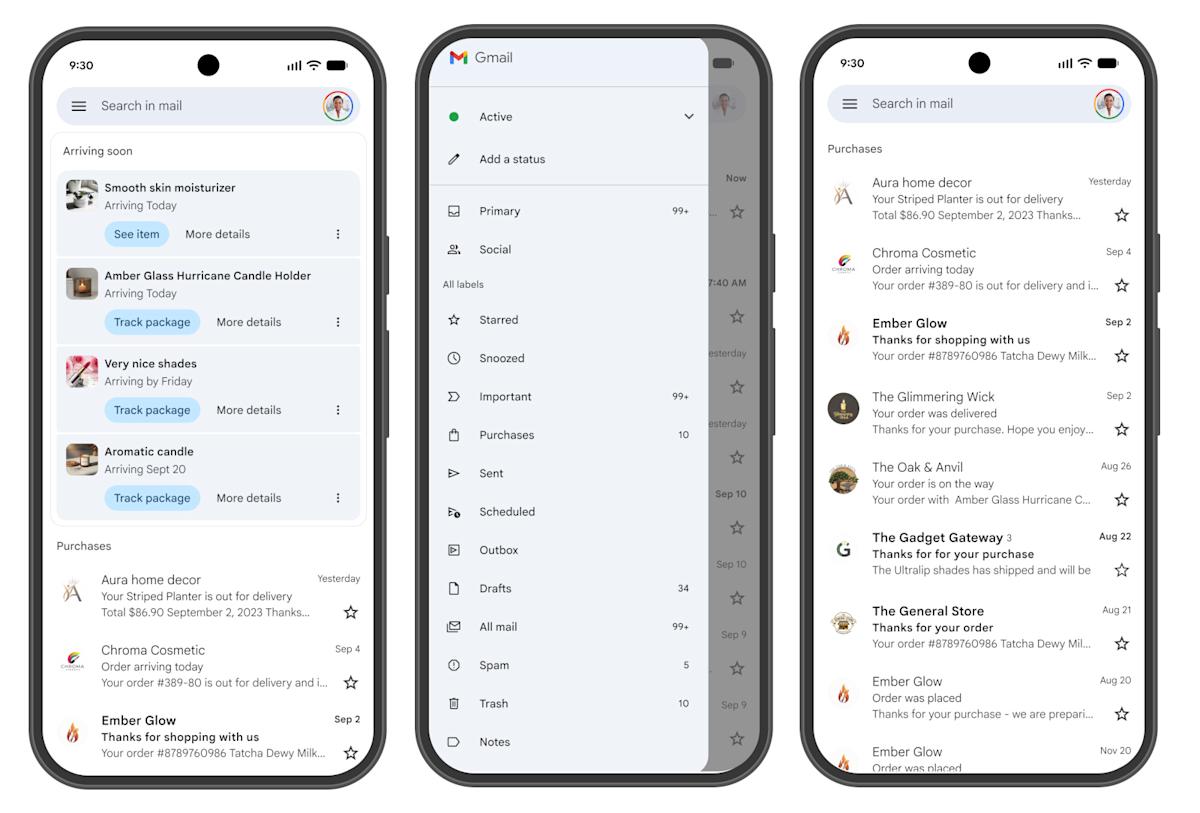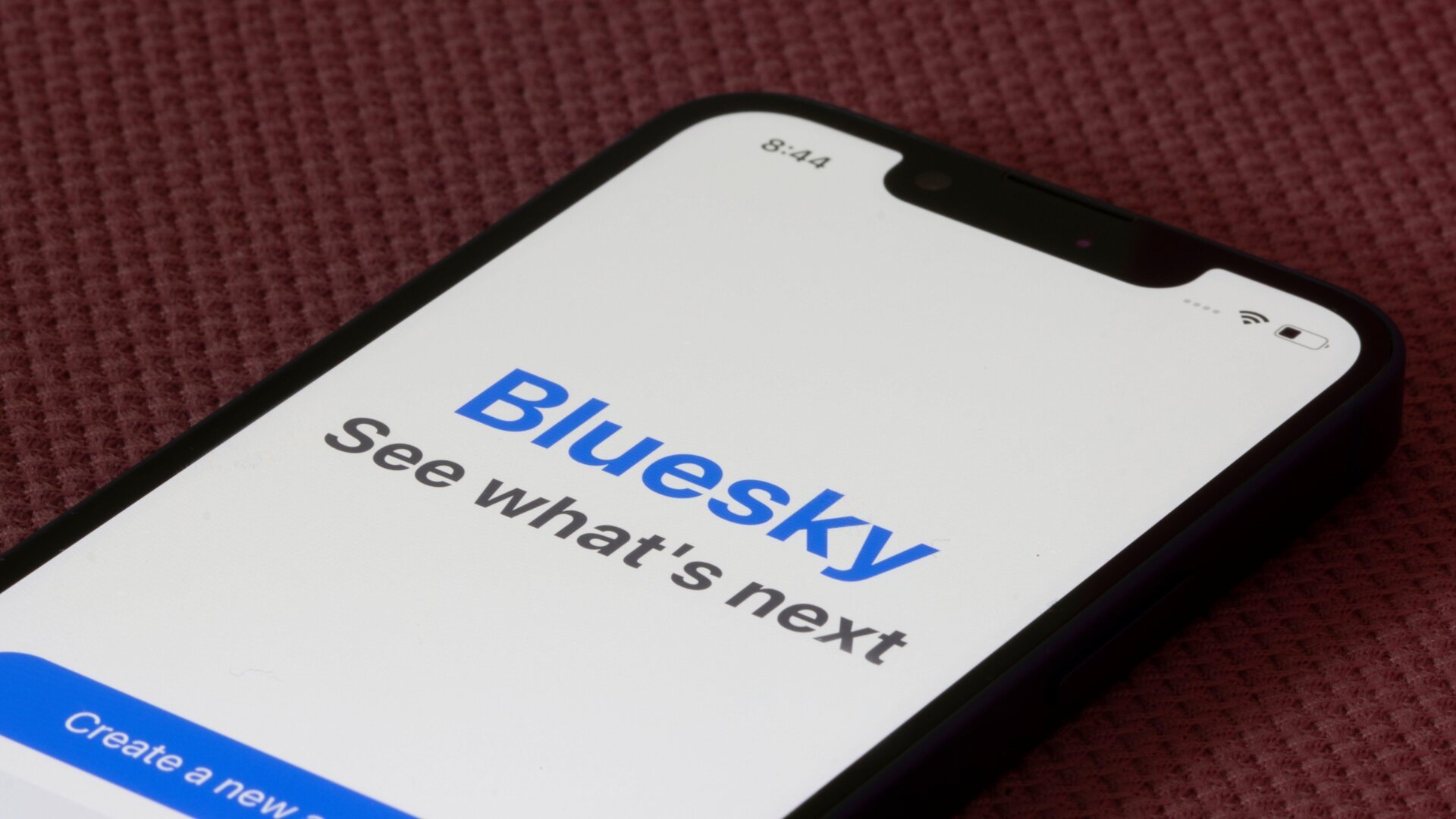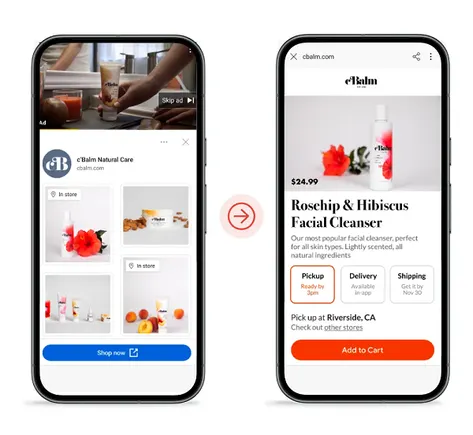
If you have actually ever before amusingly questioned if your search or seeing background is mosting likely to “place you on some type of listing,” your problem might be greater than called for.
In currently unsealed court papers assessed by Forbes, Google was purchased to turn over the names, addresses, phone number, and customer task of Youtube accounts and IP addresses that enjoyed pick YouTube video clips, component of a bigger criminal examination by government private investigators.
The video clips were sent out by covert cops to a thought cryptocurrency launderer under the username “elonmuskwhm.” In discussions with the bitcoin investor, private investigators sent out web links to public YouTube tutorials on mapping using drones and increased truth software application, Forbes information. The video clips were enjoyed greater than 30,000 times, most likely by countless individuals unassociated to the instance.
YouTube’s moms and dad firm Google was purchased by government private investigators to silently turn over all such audience information through of Jan. 1 to Jan. 8, 2023, however Forbes could not validate if Google had actually abided.
Individuals obtain a preference of Google’s AI search engine result, unprompted
The mandated information access is uneasy by itself, according to personal privacy specialists. Federal private investigators said the demand was legitimately warranted as the information “would certainly matter and product to a continuous criminal examination, consisting of by supplying recognition details concerning the criminals,” mentioning reason utilized by various other police around the nation. In a situation out of New Hampshire, cops asked for comparable information throughout the examination of bomb dangers that were being streamed online to YouTube — the order especially asked for viewership details at pick time stamps throughout the online streams.
“With all police needs, we have an extensive procedure created to secure the personal privacy and humans rights of our individuals while sustaining the vital job of police,” Google representative Matt Bryant informed Forbes. “We take a look at each need for lawful legitimacy, regular with establishing instance regulation, and we consistently press back versus over wide or otherwise unacceptable needs for customer information, consisting of challenging some needs completely.”
Personal privacy specialists, nonetheless, are stressed over the type of criterion the court’s order develops, mentioning problems over the defenses of the very first and 4th changes. “This is the most recent phase in a troubling pattern where we see federal government companies significantly changing search warrants right into electronic dragnets,” executive supervisor of the Security Modern Technology Oversight Task Albert Fox-Cahn informed the magazine. “It’s unconstitutional, it’s distressing, and it’s occurring each day.”
Supporters have actually gotten in touch with Google to be a lot more clear concerning its data-sharing plans for many years, with concerns fed by recurring open apprehensions of activists and the sneaking state-wide criminalization of abortion.
In December, Google upgraded its personal privacy plans to permit individuals to conserve their place information straight to their tools instead of the cloud, and reduced the retention time for such storage space — the brand-new plans likewise indirectly stunted the long-used investigatory workaround in which police authorities make use of Google place information to target suspects.
Google has actually been brought to justice over such problems over the previous year, consisting of 2 state supreme court situations bordering the constitutionality of keyword search warrants, which require websites to pass on a person’s net search information.











